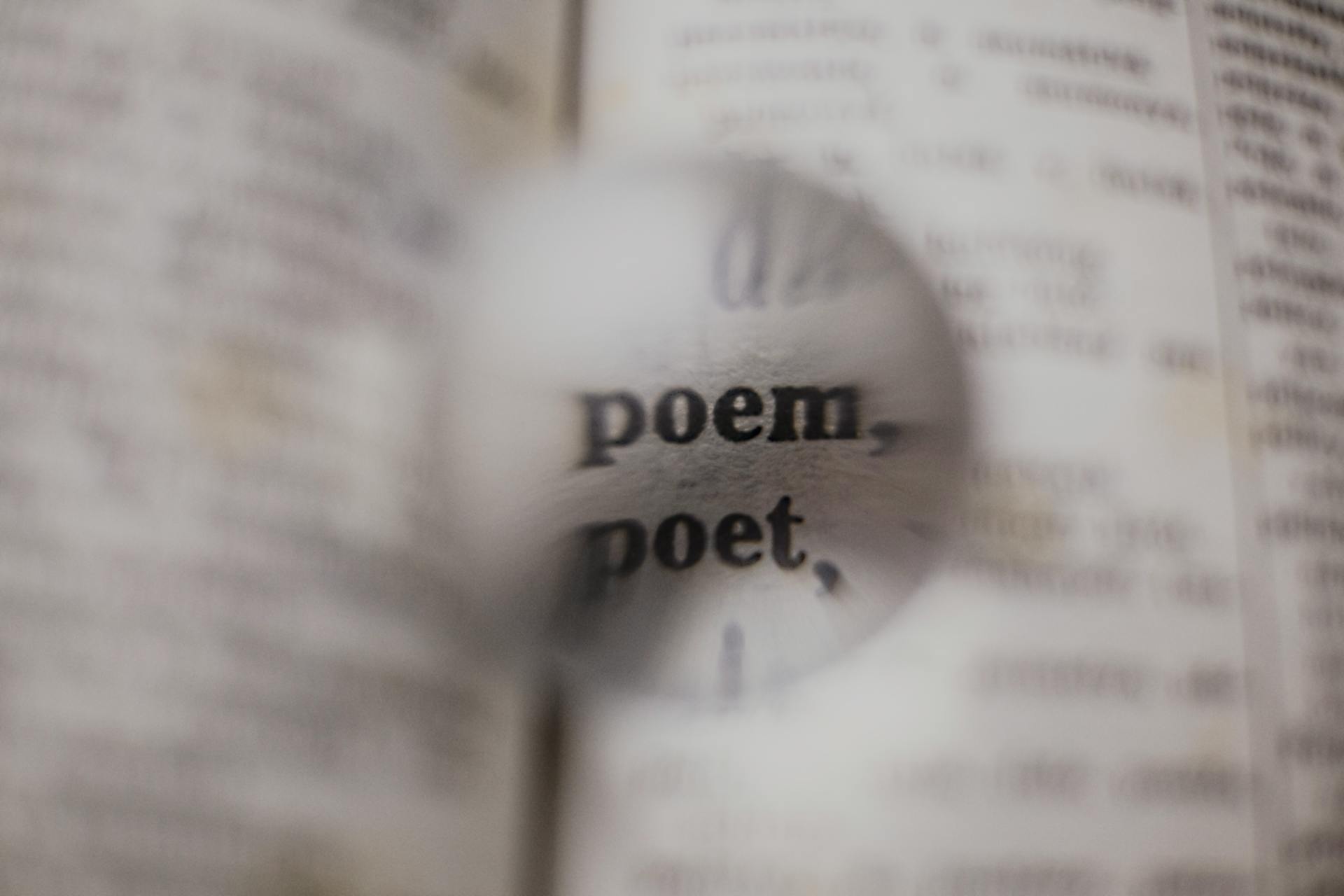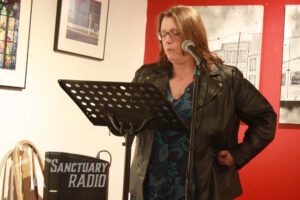As a child, summer daytime TV was dominated by soap operas, many of them having started on radio and successfully transitioned to television. They were not racy or complicated. Yet for many of us, boys and girls, the storylines were irresistible.
“Days of Our Lives” had an hourglass in the intro, and Macdonald Carey’s voiceover intoned, “Like sands through the hourglass, so are the days of our lives…” These things stick with you. I attended a one-time “open” mic at a local hipster coffee shop the other night that pretends to be a bookstore, and the readers didn’t make me feel old exactly. They were just physical evidence of how much time I’ve spent on the planet.
All of them could have been my offspring, perhaps grand-offspring, and the notion that some of them could actually be balding and showing signs of grey in their beards is one that doesn’t impact lightly. The females of course, for all the liberation they take for granted, tend to still be compelled to disguise such markers along life’s highway. T-shirts and jeans are still a uniform of sorts, but a dab of purple or teal hair here and there, jewelry in the darndest places, serves to ground one in the present century.
The themes they explored in their poems, however, were timeless. I think that if one continues to write poetry, one outgrows love letters, broken heart epistles, and odes to departed parents. If they go even further, they may even come back around to these subjects with a fresh perspective. The poets I heard the other night covered all the introductory bases. It is an artistic rite of passage. As an elder statesperson of Hudson Valley poetry, I supplied the requisite grumblings and sharp shooting under-breath remarks my station requires.
This may cause me to appear without compassion, which is not the case. I thought my first, or second, or fifth heartbreak was worthy of an Odyssey or Iliad, too. I thought my explanations were unique, my perspective fresh and unseen anywhere on the planet. As we all know, this is never the case at all. It never is. Once we accept that we are not writing because we are so unique, but because we are so much the same as all the others, our work becomes deeper, richer, and more humane. We become big people poets. We put down the microbrew, and pick up the Pepto. We have arrived.
Perhaps I was a bit too snarky. It certainly has been a while since I’ve been able to attend an “open” mic or reading of any kind in Kingston. And yes, I keep adding those quotes because, between you and me, the venue has not been all that “open” in the past. There was even a warning on the Facebook announcement for the event for readers to avoid “offensive” material. My honest question about what is considered offensive by the proprietors went unanswered. As with every other reading I’ve attended there, one of the owners seemed to be lurking off to the side. A lover of literature? Gatekeeper for the purity of patron’s ears? Who knows?
Since I don’t expect this to become a regular thing, I can at least take heart that poetry is still being written. The funeral gong has been rung countless times, and still poetry comes up, its heart beating, its eyes bright and clear. Even a little offensive sometimes. But it’s here to stay, in one form or another. And in forty more years, with miracle medicines, I may be around long enough to hear some of these folks expand on, soar from the very solid bases they’ve created.





